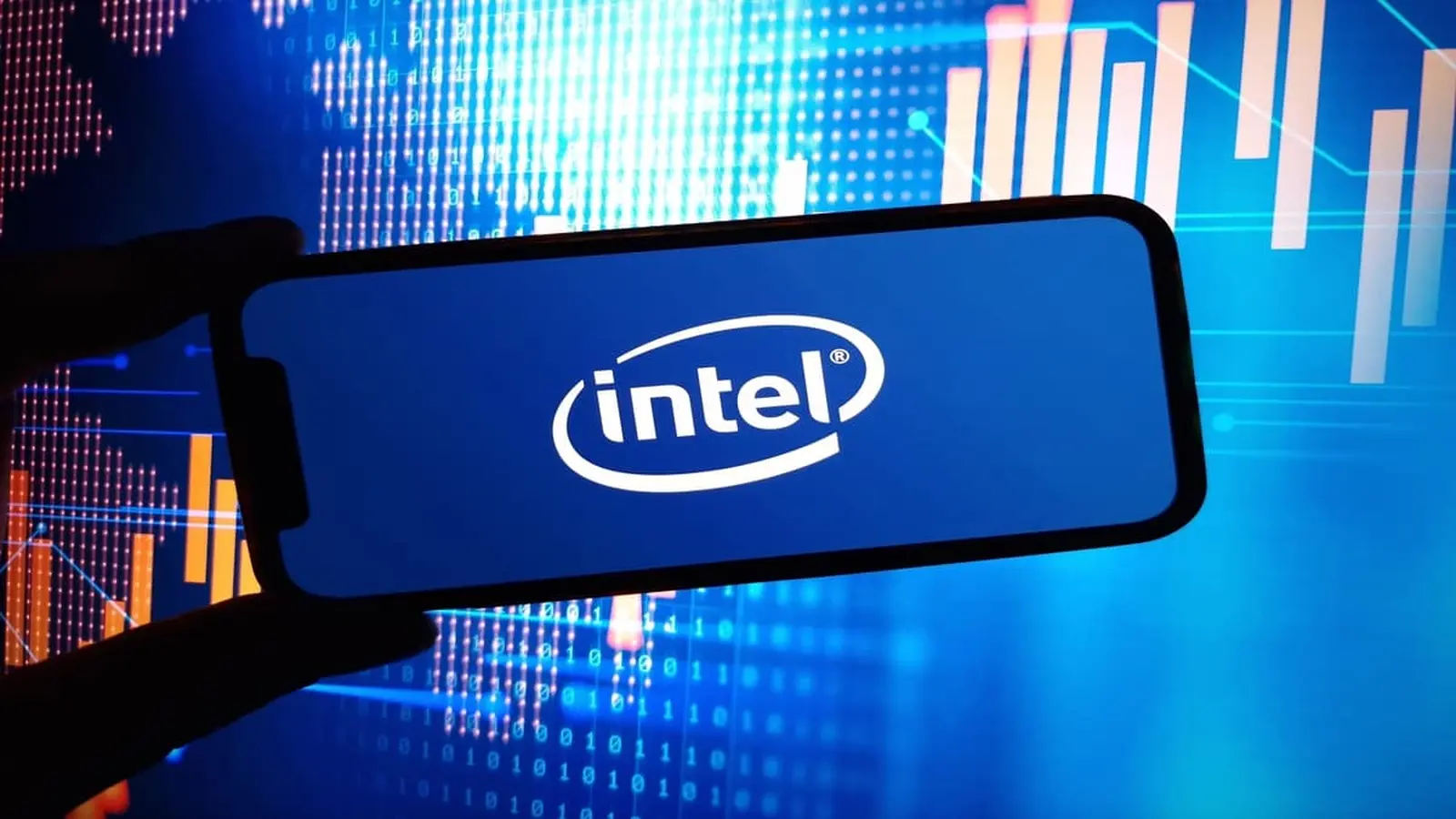3 Minutes
Intel is reportedly exploring a major strategic pivot toward the Middle East as it battles slowing growth and intensifying competition in semiconductors and AI. Recent talks with Saudi officials have sparked fresh speculation that the kingdom could become a crucial partner — or even a lifeline.
Intel at a crossroads: why the timing matters
Once the undisputed leader in microprocessors, Intel now faces fierce rivals and mounting pressure to reinvent its manufacturing and financial strategy. According to recent reports, the company is lagging behind competitors and needs sizable capital and new partnerships to accelerate its roadmap for advanced chips and artificial intelligence infrastructure.
Imagine overhauling global chipmaking while the market tightens and rivals move fast. That’s the situation Intel finds itself in — and it’s why new alliances matter more than ever.
A meeting that raised eyebrows in tech circles
Intel’s CEO reportedly met with Saudi Communications Minister Abdullah bin Amer Al-Sawaha to discuss cooperation in semiconductors, advanced computing and AI infrastructure. Details remain scarce, but both sides emphasized interest in building and developing AI-ready infrastructure and semiconductor capabilities.
.avif)
These conversations mirror a broader trend: Gulf states like the UAE and Saudi Arabia have been aggressively courting tech giants, offering capital and incentives to scale local tech ecosystems. Could Intel be next in line to benefit?
What Saudi Arabia can realistically offer
- Deep-pocketed investment: Saudi Arabia has sovereign wealth and public funds that can underwrite large-scale industrial projects and chip fabs.
- Strategic location: Expanding into the Middle East could diversify Intel’s geographic footprint and supply chain exposure.
- AI and infrastructure projects: The kingdom is actively building data centers, cloud capacity, and AI initiatives — all potential customers or collaborators for Intel.
Could a chip factory in the Gulf happen?
Reports have floated the idea of an Intel fabrication plant in Saudi Arabia. It’s not implausible: Gulf nations have the capital and political will to host ambitious industrial projects. Previously, Qatar reportedly invited TSMC to build locally, though the Taiwanese firm declined. Whether Intel would commit to building a fab depends on costs, talent, supply chains, and geopolitical calculations.
Why both sides have incentives — and risks
For Intel, partnering with Saudi Arabia could bring immediate capital and a pathway to new markets and infrastructure projects. For the kingdom, onboarding a major chipmaker accelerates its diversification from hydrocarbons toward tech and AI leadership.
But this alignment carries risks: technological transfer concerns, regulatory scrutiny, supply-chain complexity, and political optics in Western markets. Any deal would likely be negotiated carefully, balancing commercial goals with national security and international relations.
What to watch next
Look for follow-up announcements on investment frameworks, memoranda of understanding, and concrete plans for fabs or joint AI centers. Intel’s next steps will reveal whether talks were exploratory or the prelude to a high-value partnership — and whether the Middle East will play a major role in the next chapter of global chipmaking.


Leave a Comment